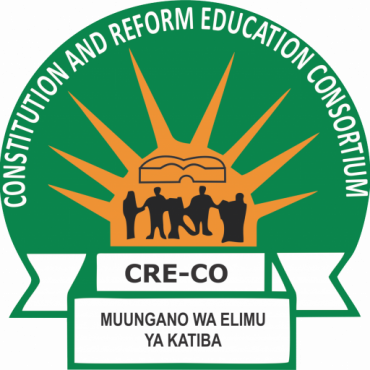WEBINAR




Religion remains a key source of information for many in society, offering moral and social guidance. Religious leaders often address critical issues like health, values, politics, economics and education, providing spiritual interpretations. However, this influence can also spread misinformation when unverified claims are made, particularly in communities where religious authority holds more trust than formal institutions.
Traditional media and social platforms amplify religious messages, often lacking fact-checking mechanisms. While religious TV or radio broadcasts offer spiritual commentary, social media accelerates the spread of misinformation, particularly during crises. However, efforts to curb disinformation are growing, with media literacy programs and fact-checkers working to counter misleading religious narratives online.
Youth can hold creators and spreaders of misinformation accountable by advocating for transparency and ethical communication, particularly on social media where misinformation often spreads. They can promote fact-checking within religious communities, encourage dialogue on critical societal issues, and push for more responsible use of religious influence. Through activism and digital engagement, youth can foster a culture of accountability in religious institutions.
REGISTER FOR THE WEBINAR BELOW
Use the button below to join Webinar.
Join Webinar
Meeting starts in :
CRECO WEBINARS: RELIGION AND MIS/DISINFORMATION
What is the place of religion as a source and spreader of critical information and how does it influence perspectives through its role in information interpretation.

